Impact of Smoking on Saliva Production

| Key Takeaways | Details |
|---|---|
| Saliva's Vital Role in Oral Health | Saliva, produced by salivary glands, aids in digestion, protects teeth, and maintains oral health. |
| Impact of Smoking on Saliva | Smoking reduces saliva flow by affecting the salivary glands, leading to dry mouth and other oral health issues. |
| Consequences of Reduced Saliva in Smokers | Smokers face increased risks like tooth decay, gum disease, and chronic dry mouth due to decreased saliva production. |
| Managing Dry Mouth as a Smoker | Strategies include staying hydrated, using saliva substitutes, maintaining oral hygiene, and consulting with healthcare professionals for quitting smoking. |
| Improvement After Quitting Smoking | Ceasing smoking can significantly improve saliva production and overall oral health, with notable changes within 1-9 months. |
Nearly 1.1 billion people smoke tobacco worldwide. Most are aware of smoking's links to lung disease, heart disease, and cancer. But did you know lighting up cigarettes can also wreak havoc in our mouth? Mounting research now highlights the detrimental influence of smoking on saliva flow and composition. Since saliva plays a pivotal protective role, any dysfunction leaves us prone to dental disasters down the line.
What Is Saliva and What Does It Do?
Saliva seems like just a slimy fluid that makes talking and swallowing easier. But it has incredible complexity and versatility to match! Produced by three major pairs of salivary glands plus hundreds of minor glands, the 1-1.5 litres of spit we swallow daily contains enzymes, antibodies, antimicrobial compounds, electrolytes, and growth factors.

Together, these components allow saliva to help digest carbs, buffer acids that corrode tooth enamel, bathe teeth and gums to prevent cavities and disease, enhance taste, ease speech, bolster immunity, and accelerate wound healing. In essence, saliva helps ensure our mouth’s healthy equilibrium day-in and day-out. Losing adequate moisturizing effects sets off a cascade of oral health issues instead.
How Does Smoking Interfere with Saliva Secretion?
Tobacco smoke, filled with toxins, affects not just the lungs but also the mouth. Nicotine narrows blood vessels, reducing oxygen and nutrient flow to salivary glands. Harmful metals in smoke can damage gland tissues over time. Chemicals in smoke cause inflammation in the mouth and disrupt saliva production. This results in reduced saliva output from the many salivary glands in the mouth.
| Aspect of Tobacco Smoke | Impact on Saliva Production |
|---|---|
| Permeation of Blood Vessels | Toxins from tobacco smoke infiltrate blood vessels, affecting organs including the mouth. |
| Nicotine's Effect | Constricts arteries and veins, reducing the supply of oxygen and nutrients to salivary glands. |
| Trace Metals in Smoke | Cadmium, lead, and mercury in cigarette smoke accumulate over time, potentially damaging gland tissues. |
| Inflammatory Changes | Chemical irritants in smoke cause inflammation in salivary membranes. |
| Impact on Acetylcholine | Tobacco by-products interfere with acetylcholine, a neurotransmitter crucial for signalling saliva release. |
| Overall Reduction in Saliva | The combined effects of these factors lead to a significant reduction in saliva production, impacting oral health. |
What Are the Ramifications of Smoking-Related Dry Mouth?
Smoking can reduce saliva flow by up to 50%. This leads to several oral health issues:
- Weakened Saliva Protection: Reduced saliva means less protection for teeth. This increases the risk of tooth decay and cavities by six times.
- Bacterial Build-Up: Without enough saliva, harmful bacteria grow more easily, leading to gum disease, oral thrush, and bad breath.
- Difficulty in Eating and Speaking: Less saliva makes it hard to chew, speak, and swallow.
- Taste Impairment: Smokers may notice a reduced ability to taste different flavours - that is where Palate Cleansing comes in!
Overall, the decrease in saliva disrupts the balance of a healthy mouth, causing various dental problems.
Managing Dry Mouth Symptoms and Protecting Oral Health as a Smoker

Sense Hero
Sense Hero mouth Spray UK: Quick Fix for Dryness, Vapers Tongue and Palate Cleansing
View full details


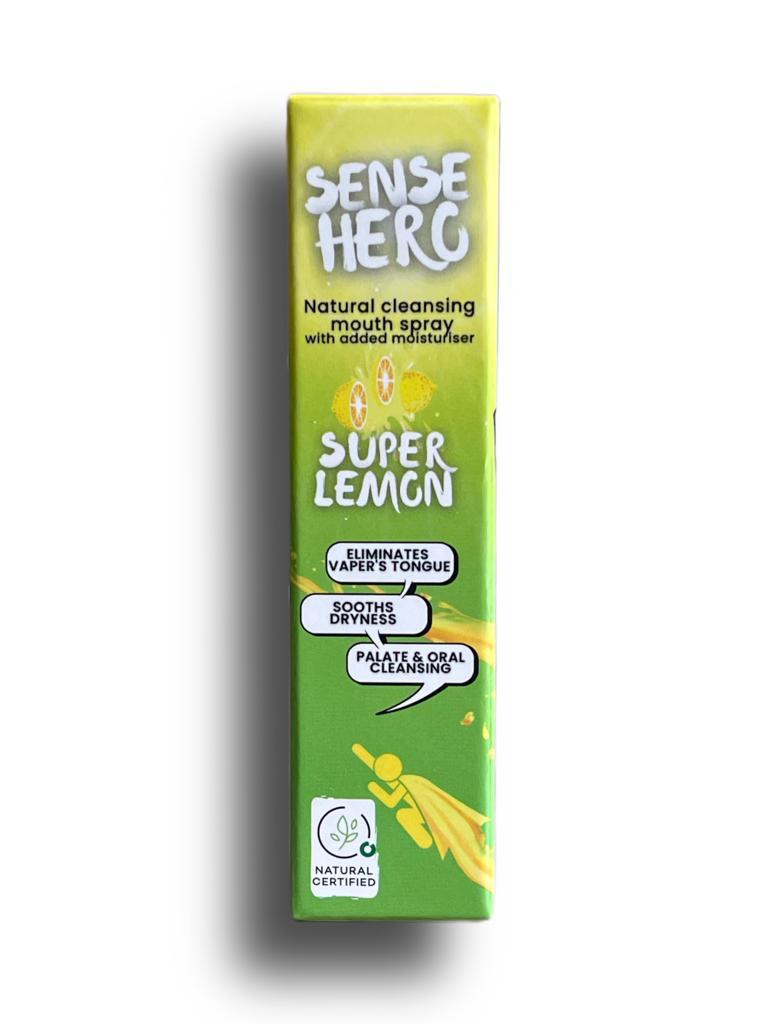

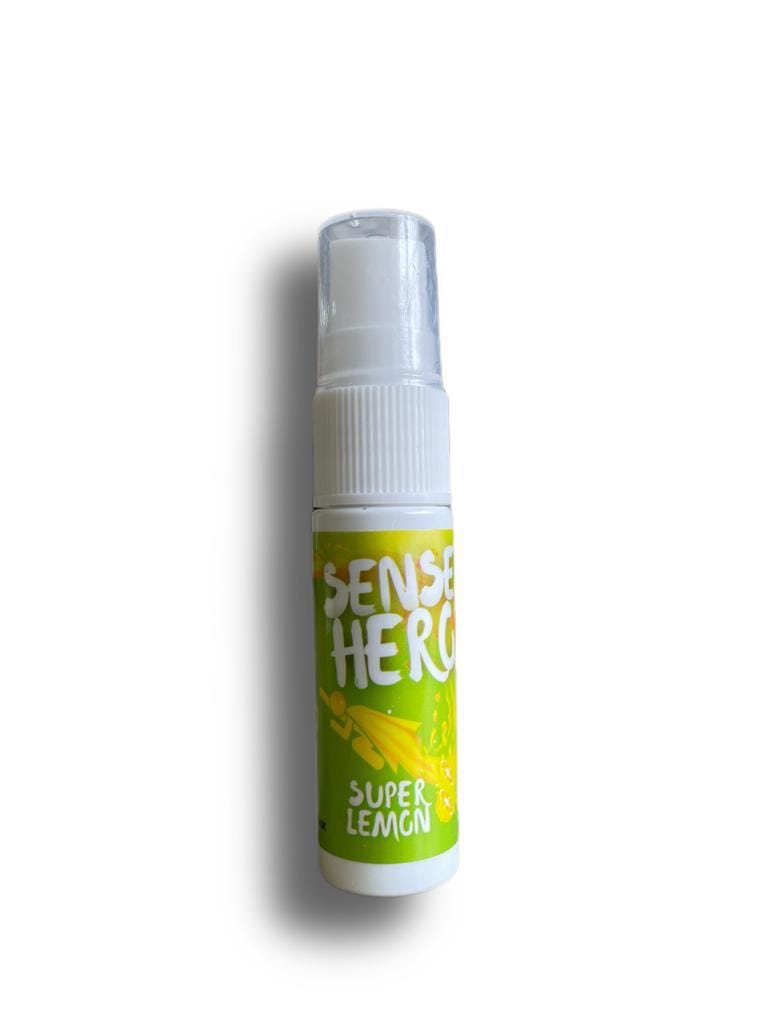
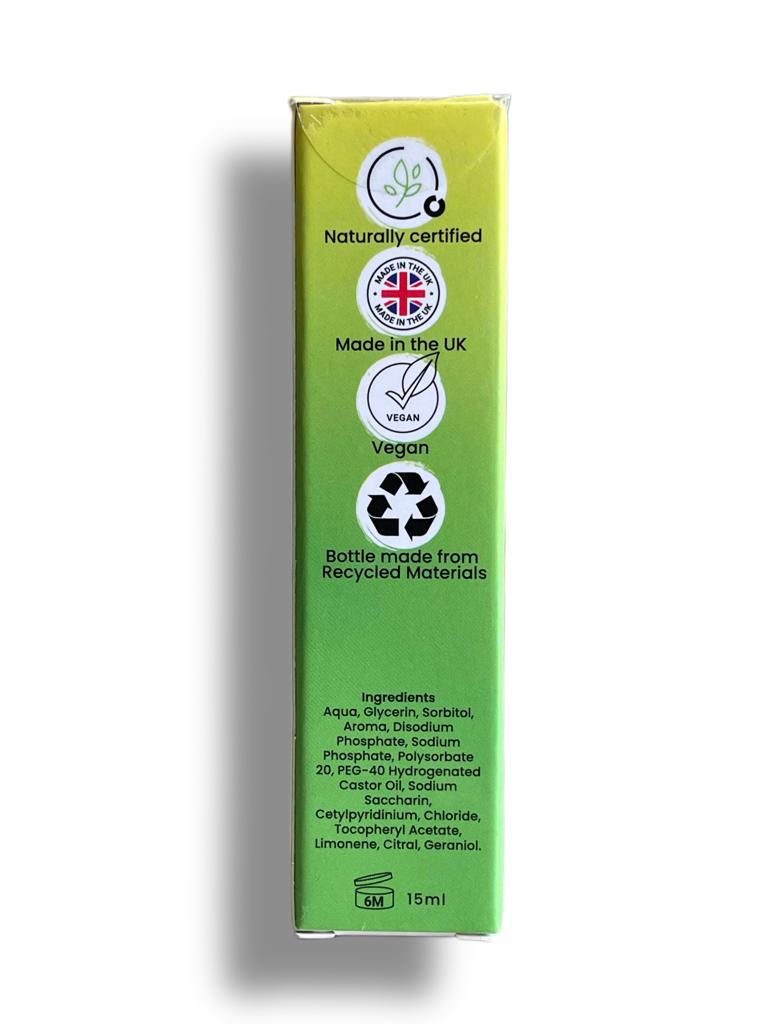

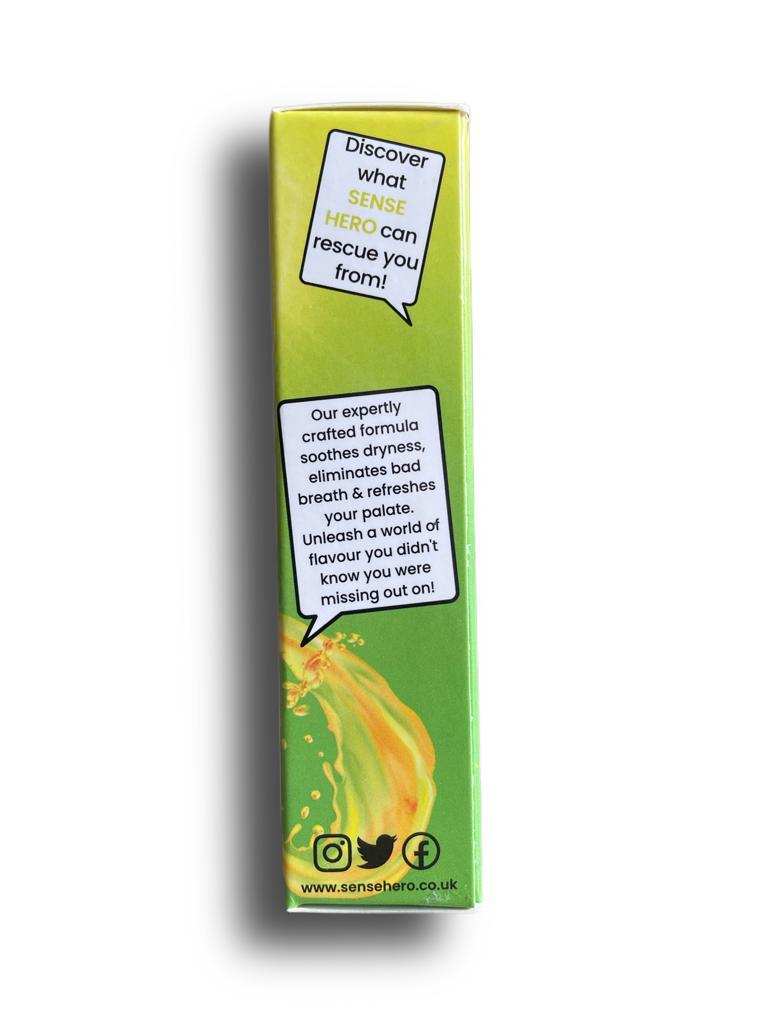
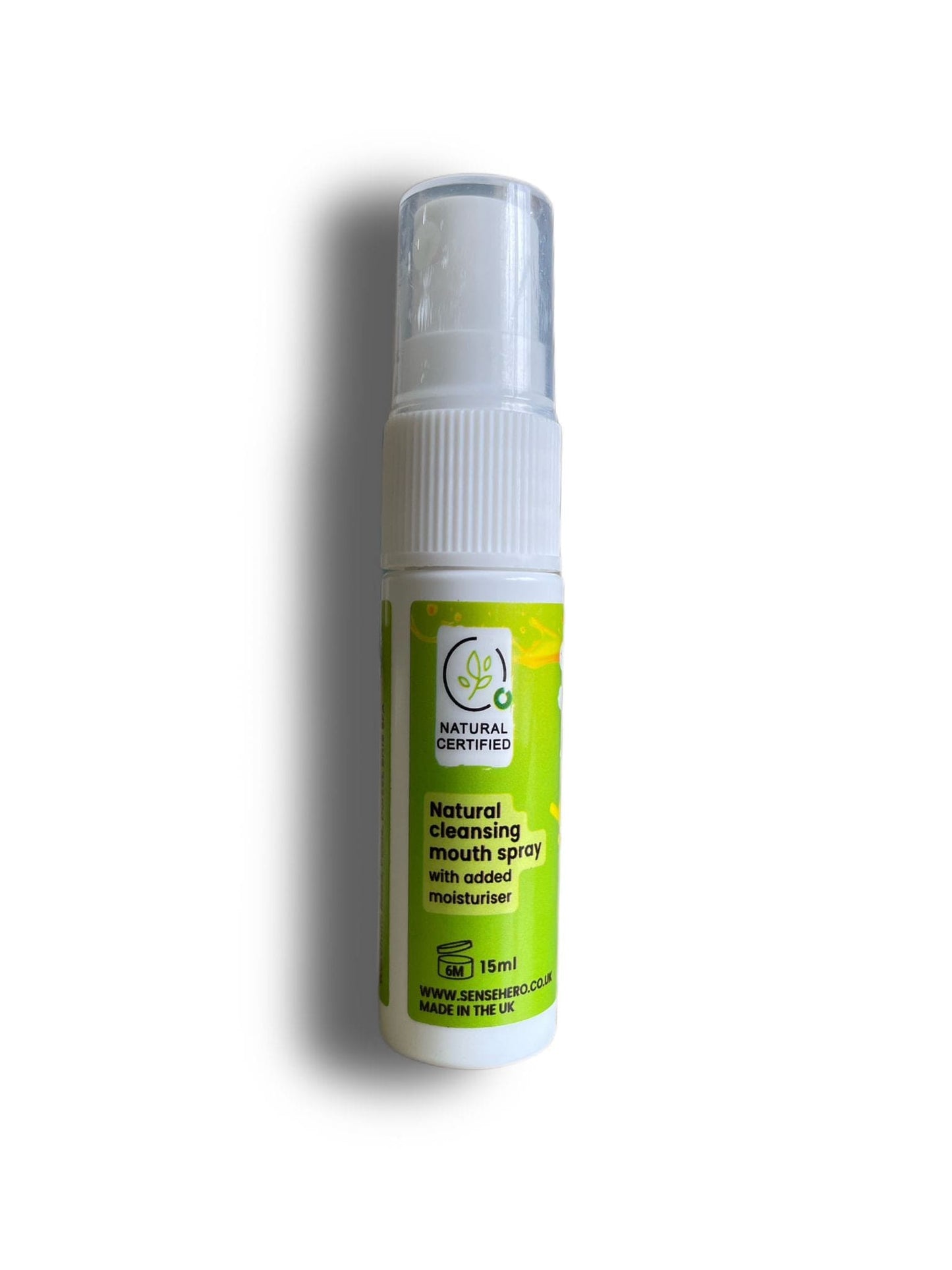


Sense Hero spray is not a medicinal product and is not intended to diagnose, treat, cure, or prevent any disease. Sense Hero Spray is designed for personal comfort.



